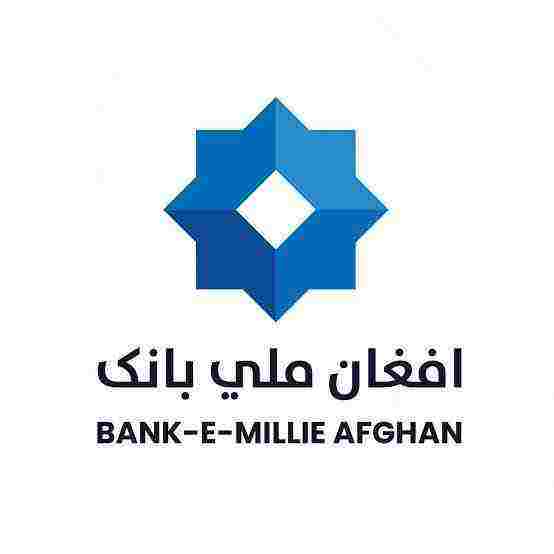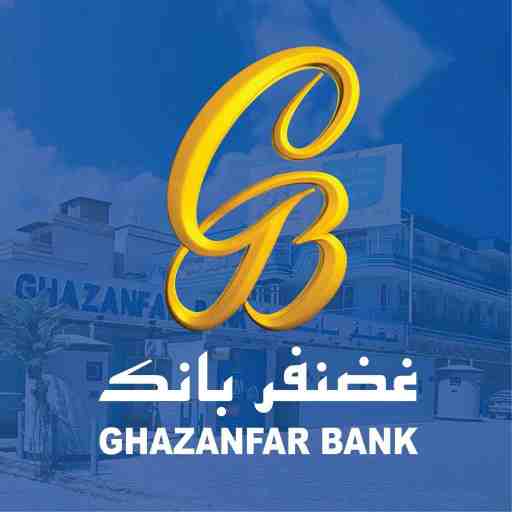Ghazanfar Bank, a full-fledged licensed commercial Bank, commenced its operations in March 2009. The Share Holders of the Bank belongs to one of the leading business groups of Afghanistan. As a leading business house Ghazanfar Group is involved in various key businesses sectors as a front runner such as import and distribution of Petroleum/Gas and other various important industrial sectors. Ghazanfar Bank started its operation in Kabul, Afghanistan, and is offering key financial services both under conventional and Islamic Banking. The Bank has since opened up its Branches at various key locations such as Mazar Sharif, Hairatan, Kunduz, Takhar, Pule- Khumri, Jalalabad, Herat, Kandahar besides opening another seven branches at Kabul in Sarai Shahzada, Shar-e-Naw, Karte Naw, Kote Sangi, Lase Maryam, Karte Char, Kabul International Airport and Wazir Akbar Khan. In due course of time, the Bank intends to expand its Branch Network in Kabul as well as at other key locations of the Country.



